Test Bank For Burn’s Pediatric Primary Care 7th Edition
Chapter 18. Elimination
Questions
1. The primary care pediatric nurse practitioner is performing a well-child
exam
on a 4monthold
an infant who is nursing exclusively. The mother reports that the infant has had
a
a marked decrease in the number of stools each day, from 3 to 5 stools each
day to only one stool
every other day. How will the nurse practitioner respond?
YY. Ask the mother to describe the color and consistency of the
stools. Correct
ZZ. Explain to the mother that breastfed infants should have daily stools.
AAA. Recommend using a glycerin suppository as needed.
BBB. Suggest to the mother that she increase her intake of fluids.
2. The primary care pediatric nurse practitioner is performing a well-child
exam
on a 12monthold
infant. The parent tells the nurse practitioner that the infant has predictable
bowel
and bladder habits and asks about toilet training. What will the nurse
practitioner tell this parent?
BBB. It is too early to begin introducing the child to the toilet, and the parent
should wait
until the child is at least 2 years old.
CCC. Placing the child on a “potty” chair helps the child associate
elimination cues with
the toilet. Correct
DDD. The predictability of elimination patterns indicates readiness for toilet
training, and the
parent can begin this process.
EEE. The parent should wait until other signs of toilet training readiness
occur before
https://docmerit.com/user/vladislav
https://docmerit.com/user/vladislav
introducing the child to the toilet.
3. The primary care pediatric nurse practitioner is performing a well-child
exam
on a 24monthold
child. The parent tells the nurse practitioner that the child is being toileted
trained
and expresses frustration that on some days the child uses the toilet every
time and on other days
not at all. What will the nurse practitioner do?
XX. Advise the parent to make the child get clean clothes after an accident.
YY. Ask the parent about the child’s toilet habits and understanding
of toilet
training. Correct
ZZ. Recommend using an awards system to encourage toilet use.
AAA. Suggest that the parent place the child on the toilet at predictable
intervals.
4. The primary care pediatric nurse practitioner is discussing toileting issues
with the parent of a 3yearold
toddler who reports that the child has been toilet-trained for
several months but has recently been refusing to have bowel movements
and is becoming
constipated. What will the nurse practitioner do?
OOOO. Ask the parent about bathroom facilities in the child’s daycare. Correct
PPPP. Refer the child to a gastroenterologist for evaluation of pathology.
QQQQ. Suggest putting the child in diapers and resuming toilet training in a
few weeks.
RRRR. Tell the parent that this represents a developmental delay.
5 . The primary care pediatric nurse practitioner is evaluating a 5yearold
child
who has frequent soiling of stool associated with stomach aches and
decreased appetite for the past
2 months. The parent states that the child has two or fewer formed bowel
movements each week
and has been toilet-trained for about 2 years. Which initial assessment will
the
Does nurse practitioner make?
SS. History of neurogenic conditions
TT. Recent adjustments in the family
C. Recent illnesses, fluid intake, changes in diet Correct
D. Toilet training history
6. The primary care pediatric nurse practitioner is managing a 6yearold
child
who has chronic constipation and encopresis? The nurse practitioner has
ruled out neurogenic
etiology. The parents report that the child was difficult to toilet-train as a
toddler. What is the key to
managing this child’s condition?
A. Encouraging use of maintenance medications for at least 2
months after resolution
of constipation Correct
EE. Referral to a mental health consultant to manage problems in the
parent-child dyad
FF. Spending time with the parents to uncover their feelings about their
child’s condition
GG. Teaching the parents that the symptom of stool retention is often
voluntary for the child
https://docmerit.com/user/vladislav
https://docmerit.com/user/vladislav
7. The parent of a 5yearold
child tells the primary care pediatric nurse
practitioner that the child has been using the toilet to urinate since age 3
but continues to
defecate in “pullups.”
The nurse practitioner learns that the child has predictable bowel
movements and a physical examination is normal. What will the nurse
practitioner recommend?
OO. Providing a reward system to offer incentives when the child uses the
toilet
PP. Put the child back in diapers and resume toilet training in a few months.
QQ. Putting the child on the toilet for 5 to 10 minutes at the usual
time
of defecation Correct
RR. Use of polyethylene glycol until the child is able to use the toilet regularly
8. The primary care pediatric nurse practitioner evaluates a 4yearold
girl.
whose parent reports frequent urination in the evenings on weekdays,
and incontinence after
voiding. The parent reports that the child has soft-formed stools 5 or 6 times
weekly. Which
assessment will the nurse practitioner make initially?
A. Examination for labial adhesions Correct
RR. Palpation for abdominal masses
SS. Screening for potential child abuse
TT. Urine culture and sensitivity
9. The primary care pediatric nurse practitioner is concerned that a toddler
may
have vesicoureteral reflux based on a history of dysfunctional voiding
patterns and a series of
urinary tract infections. Which intervention is appropriate?
KK. Initiating a bladder retraining program
LL. Ordering a voiding cystourethrogram
C. Referral to a urologist for evaluation Correct
D. Treatment with prophylactic antibiotics
10. The primary care pediatric nurse practitioner is evaluating a 4yearold
female child for enuresis. The parents report that the child has never been
dry at night and has
recently begun having daytime incontinence, usually when at preschool. The
nurse practitioner
learns that the child does not appear to have an abnormal urine stream.
What will the nurse
practitioner do next?
LL. Examine the urethral meatus and labia and obtain a dipstick
clean catch
urinalysis. Correct
MM. Reassure the parent that the child probably gets distracted and puts off
voiding
until it is urgent.
NN. Refer the child to a pediatric urologist for evaluation of possible
vesicoureteral reflux.

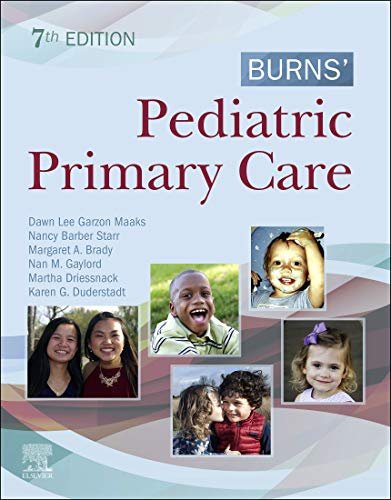
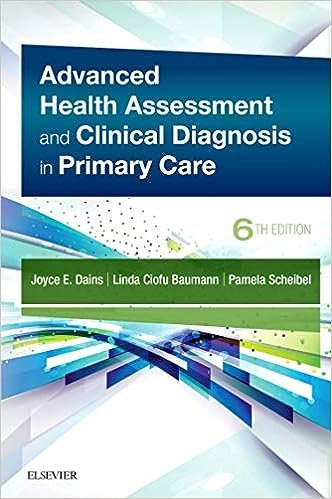


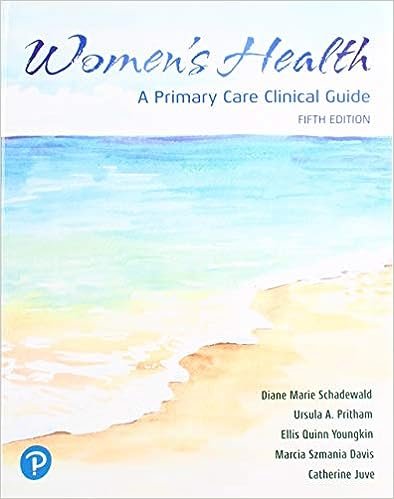
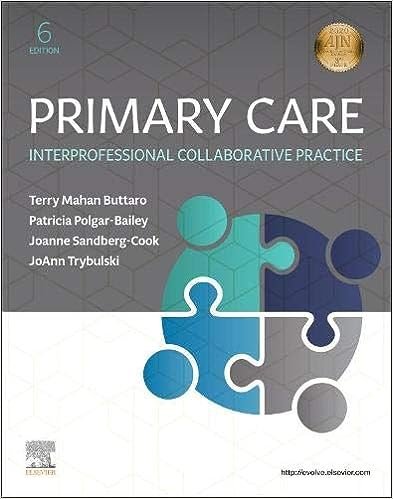

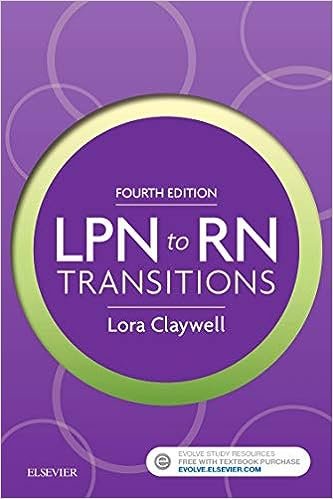
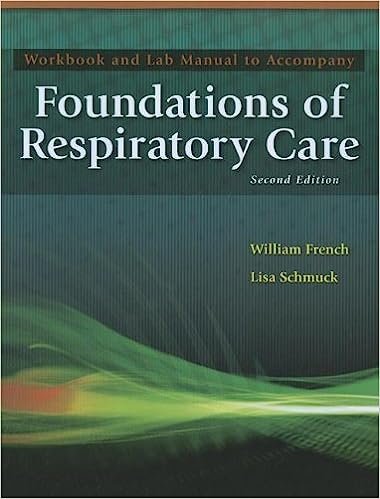

Reviews
There are no reviews yet.